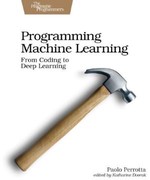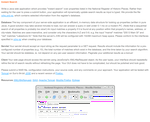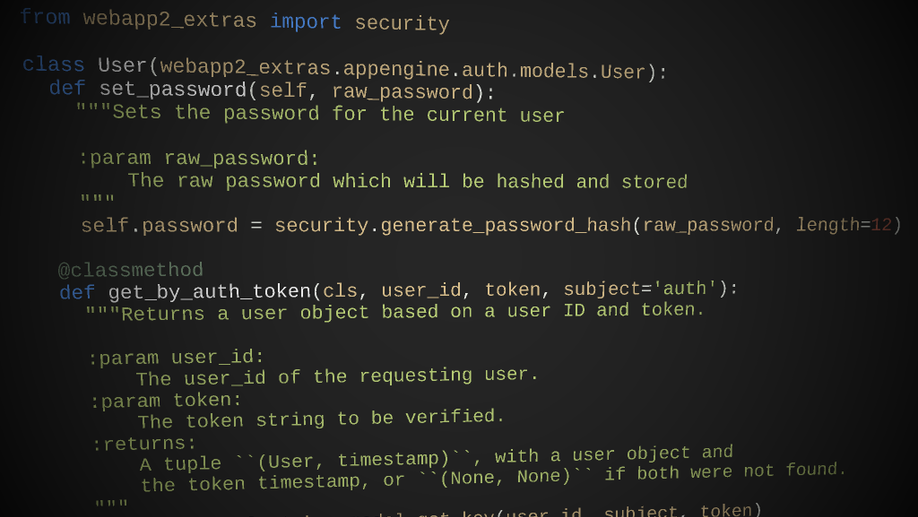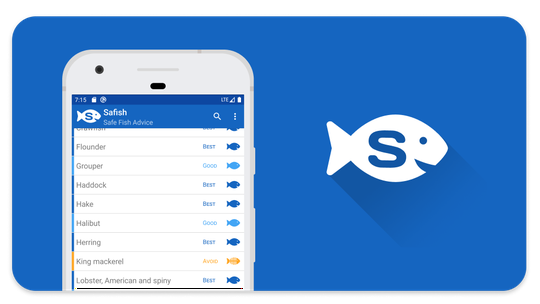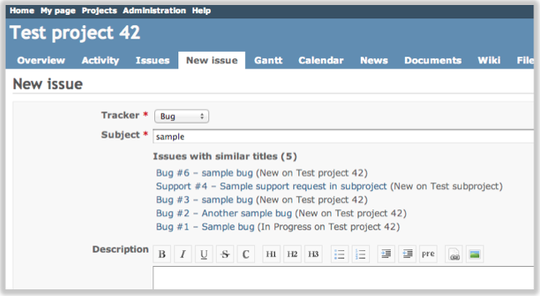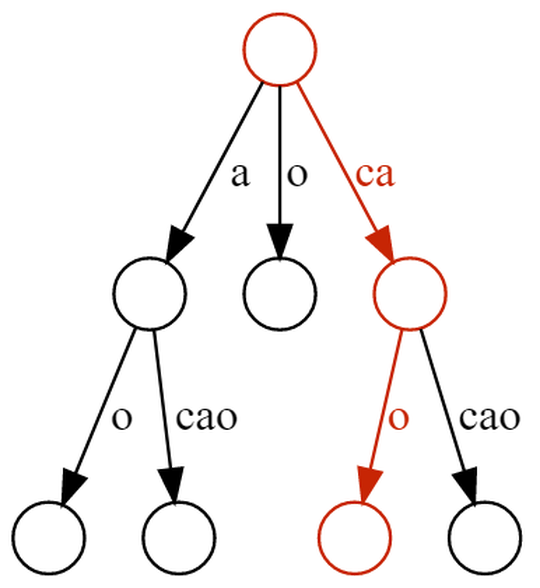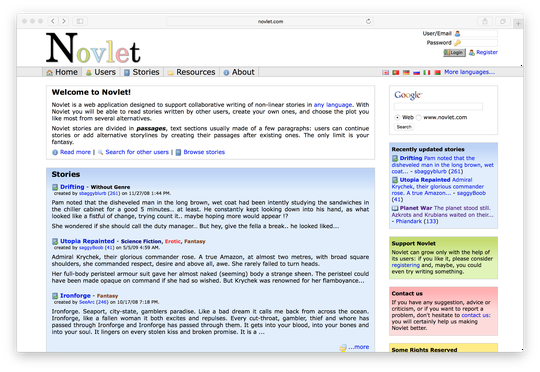Alessandro Bahgat
Software Engineer & Manager
I work on Travel features at Google, where I lead a team of engineers working on a brand new product. I get to tackle business and technical challenges while also growing a great team.
Previously, I worked as a consultant in Europe, where I helped a number of companies across several different domains and technologies. I also learned a great deal about the human factors involved in delivering software projects. 😉
You can find out about my professional activity in the Experience section below.
Before starting my career in the industry, I spent some time at the Artificial Intelligence laboratory of the University of Milano–Bicocca and published articles on Genetic Algorithms, Neural Networks, Cellular Automata and Natural Language Processing.
On this site you will also find information about things I created (alone or with friends) and some things I wrote. Any opinions stated here are my own, not necessarily those of my company.
If you would like to get in touch, the best way to do so is to email me .
